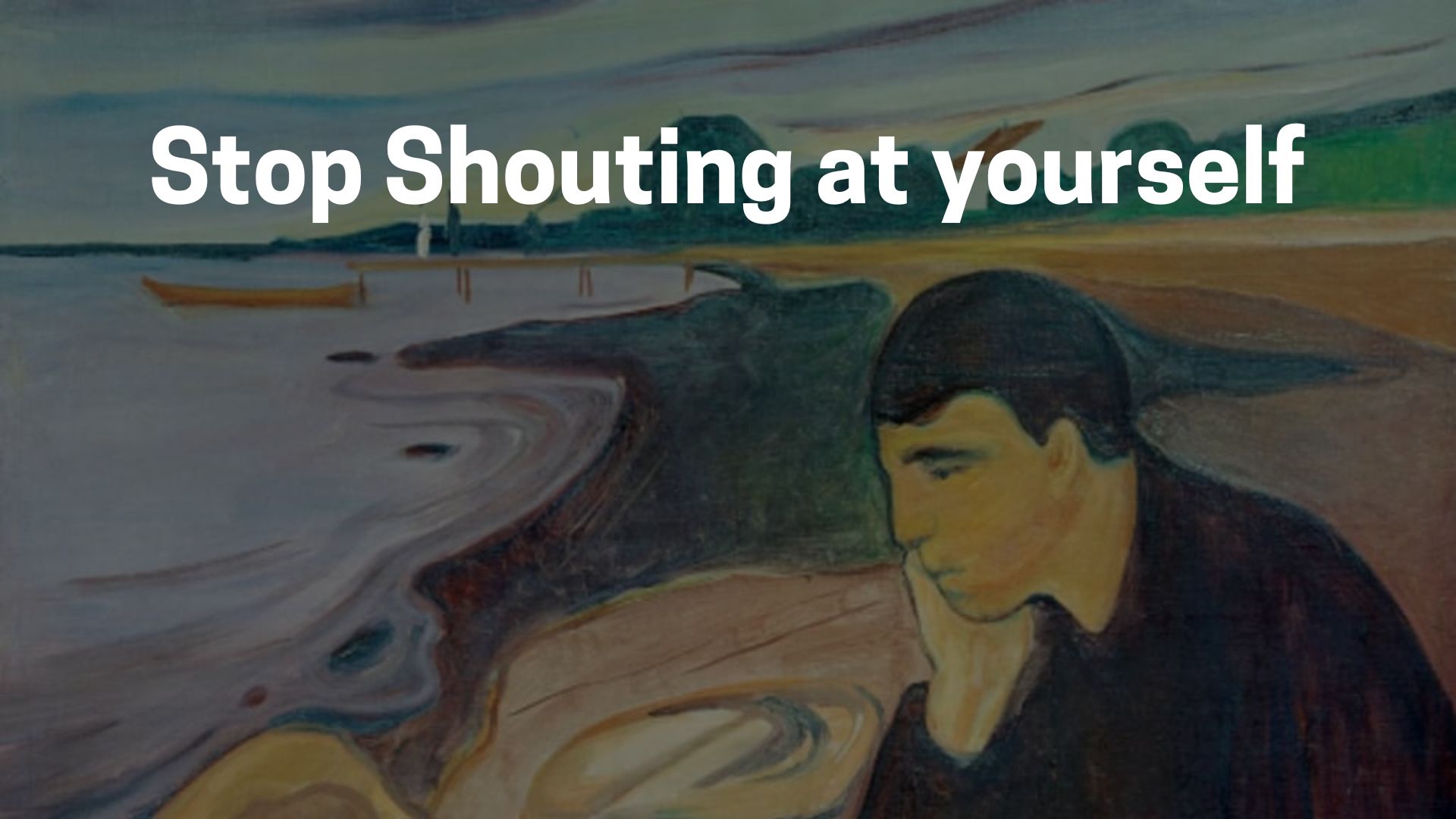“Talk to yourself like you would to someone you love.” — Brené Brown
We all have that inner voice—the one that criticizes, doubts, and sometimes judges us harshly. It’s always there, ready to make a big deal out of every mistake or flaw. Recently, I’ve been asking myself: Why am I so tough on myself? And what’s the effect of this constant self-criticism?
This negative self-talk has a big impact. It’s like a slow, steady drip that wears away my self-esteem and confidence. When I’m stuck in this mindset, even small daily tasks can feel overwhelming. I begin to doubt myself, questioning decisions I once made easily. This leads to a lack of motivation—a feeling that no matter what I do, it’s never good enough. It’s a tiring cycle of harsh judgments and self-doubt that leaves me feeling drained and discouraged.
But it doesn’t end there. This internal struggle also affects my relationships. My insecurities spill over into how I interact with others, creating tension in the connections I care about most. It’s as if my inner critic isn’t satisfied with just bringing me down; it wants to cast a shadow over every part of my life.
As I’ve started to notice this pattern, I’ve begun to see the different ways I criticize myself. Sometimes it shows up as perfectionism—always thinking, “I should have done better,” even when I know I did my best. Other times, it’s comparison—constantly measuring myself against others and feeling like I always come up short, convinced that “Everyone else is more successful, happier, or more put-together than me.”
Then there’s catastrophizing, where small problems turn into big disasters in my mind. A disagreement with a friend becomes “They must hate me now.” This often goes along with overgeneralization, where one bad experience makes me believe “I always mess things up” or “Nothing ever goes right for me.”
Noticing these patterns is an important first step, but it makes me wonder: How do I actually change this habit? How can I quiet that critical voice, or at least make it less loud? While I don’t have all the answers, I know that continuing like this isn’t healthy. The constant internal shouting is taking too much of a toll.
I’m beginning to understand that the way forward involves self-compassion—learning to treat myself with the same kindness and understanding I’d show a close friend. It’s about challenging those negative thoughts when they come up, asking myself if they’re really true instead of just believing them. It might mean developing a new inner voice, one that encourages and supports me instead of tearing me down.
And maybe it’s not all bad. The fact that I’m expecting great things from myself shows that I have high standards and big goals. But I’m realizing that I need to balance those expectations with kindness. It’s about being ambitious, but also being gentle with myself when things don’t go perfectly.
Breaking free from this cycle of self-criticism isn’t easy, and it won’t happen overnight. It requires patience, persistence, and a willingness to confront deeply ingrained habits. But each time I catch myself in the act of negative self-talk, I’m presented with an opportunity to choose differently—to practice self-compassion and gradually reshape the way I relate to myself. It’s a process of learning, unlearning, and relearning, and though it may be challenging, I believe it’s worth the effort.
The voice inside our heads is powerful. It’s time to make sure that power is used for growth and self-love, not self-destruction. If we wouldn’t let someone else tear us down constantly, why should we accept it from ourselves?
